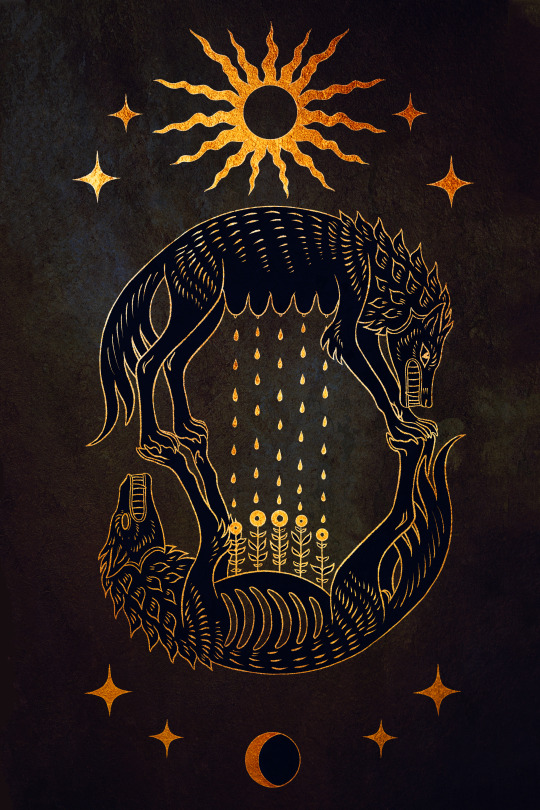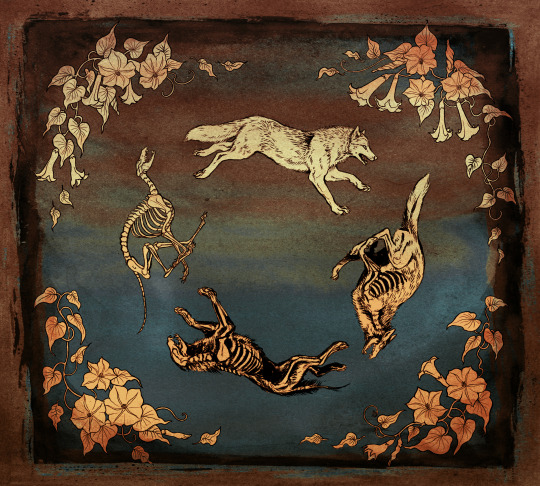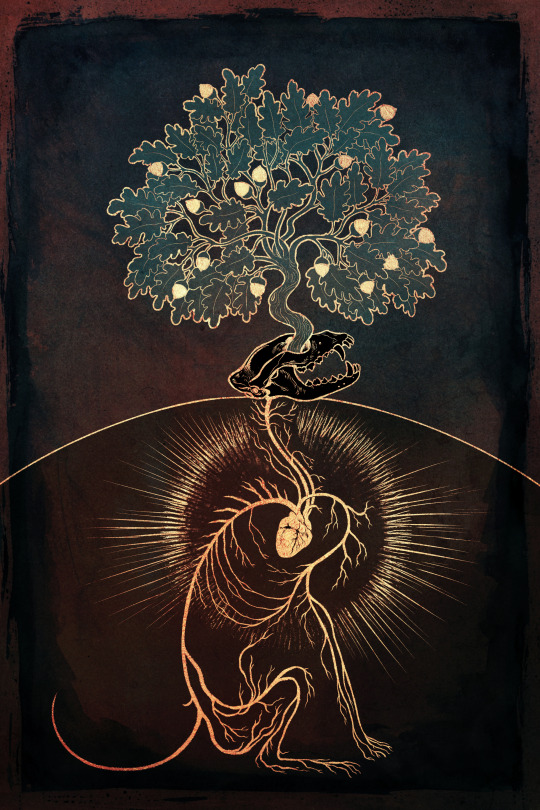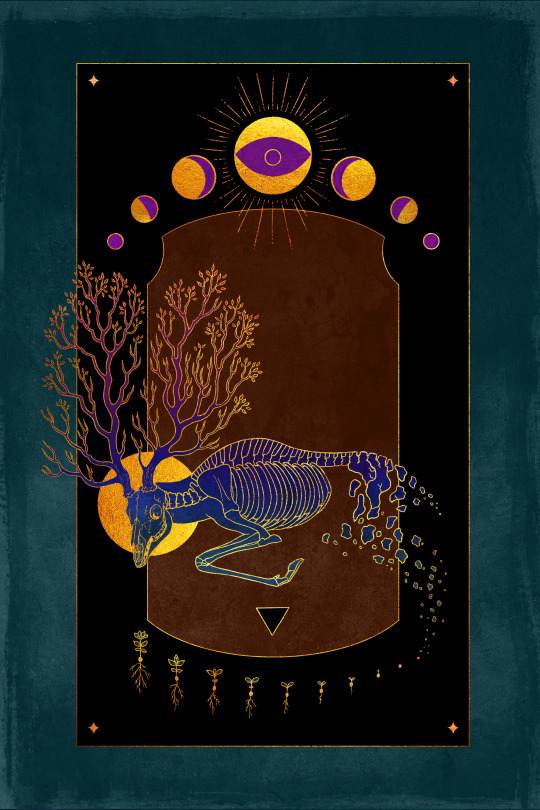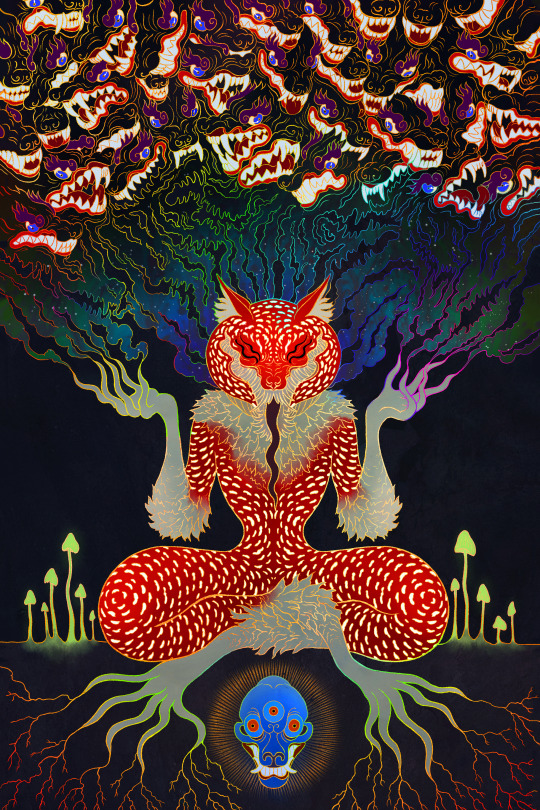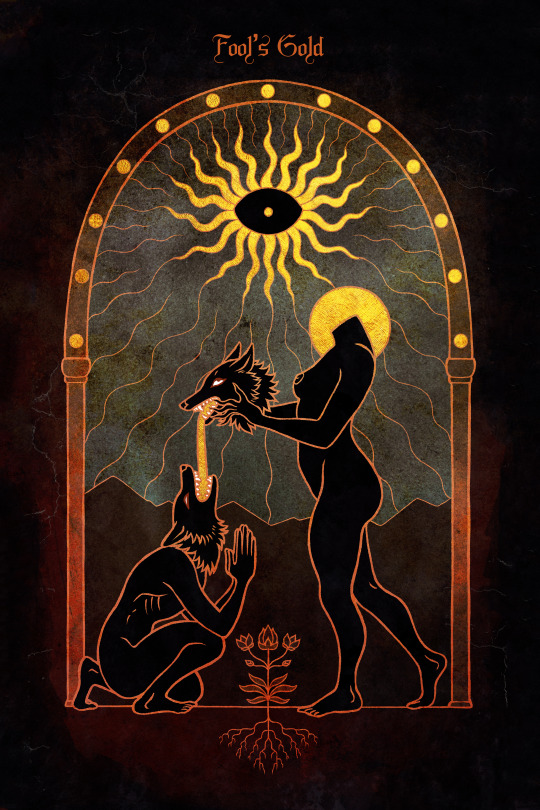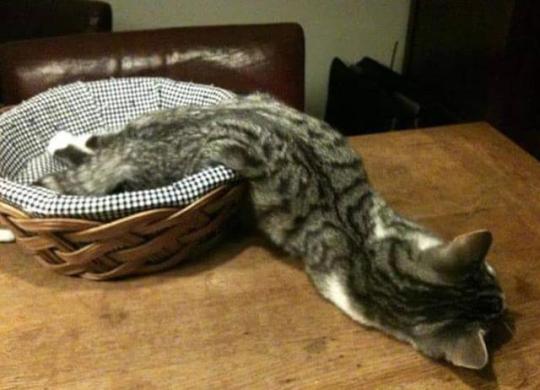Text
Themes of Disability as seen in The X Files
A few years ago I completed a focused watch on The X Files and wrote a blog series on the Images of Disability as seen in each episode. I presented my preliminary findings during a disability panel at The Southwest Popular Culture Association Conference. This is the first part of the next phase of the project which is to look at themes throughout the series (as oppose to an episode- by- episode analysis).
I write this today in celebration of 10/13 day. Today is a Friday the thirteenth in October. Ten Thirteen is the name of the production company which produced The X Files. It is Chris Carter’s, the creator of the series, birthday as well as fictional character Fox Mulder’s birthday. The X Files and Fox Mulder were known as spooky, so there is something a little special about a Friday the 13th celebration. In addition, this year marks the 30th year anniversary of the series.
In my initial blog series, I found much to criticize as well as appreciate. It was often suggested to me that I was being unfair to the series since the series was never intended to promote disability awareness. I believe that makes this study more significant. Popular Culture both influences and reflects society’s norms and values. The X Files is a show with 218 episodes which span 1993 to 2018 and two theater released movies. It was a global sensation and has now aged to iconic status with catch phrases which has become part of our referential language. There are more than five themes to consider and much to unpack about different episodes, but, as I reflect back on my disability focused watch and blog series, these are the five themes that stand out the most for me.
The criminal justice system and the medical system
Disability as “normal”
Disability and Horror
Crazy Vs. Different
Trauma impact
The Criminal Justice System and The Medical System
The success of The X Files is predicated on the two main characters, agents in the FBI, having a different perspective on paranormal cases. Mulder is the believer and Scully is the skeptic. There has been much written about how The X Files flipped gender roles. Scully is a medical doctor and scientist- both traditional male roles. Mulder, as a believer in the paranormal, is sensitive and empathetic with those who are perceived as being the “other”. He relates. Scully relies on traditional methods of investigation. Mulder is the risk taker and rule breaker. Scully has more appreciation for structure, authority, and rules.
The biggest surprise for me in my focused watch and blog was what a great framework this was to explore how persons with disabilities are often treated by the criminal justice system and the medical system. I understand that some people might read this section as being a harsh treatment of Scully, but it is high praise for the series which si often took advantage of the framework they had created to explore this dynamic.
Scully tended to jump to conclusions when she discovered that someone had been hospitalized from psychiatric disorders or was taking medication. Even in Humbug, which I will reference in more detail in the next section, Scully jumps to the conclusion that a circus performer with physical differences must be the murderer and assigned motivations related to social isolation. She is simply very quick to jump to conclusions based solely on disability. As a medical doctor, with very few exceptions, she is more likely to want to read charts than to interact personally with a person with disability and then, to assign capacity and capabilities based on what the chart says, as oppose to Mulder who meets the person and is willing to see the person instead of the condition.
Disability as A Normal Part of Life
While this appears in only a handful of episodes, those episodes are what inspired my focused watch and blog. The episodes where this occurs are among the best that I have seen in terms of how disability is portrayed. Most series that has characters with disabilities in the 1990s would have had the fact of the disability be the focus of the plot. That is not always the case in The X files. In one episode, a robotic scientist has significant impact of disability which impacts his ability and spoken communication. The fact of his disability is obvious, but never mentioned. In the end, when the character gets the girl instead of Mulder, the phrase used is “smart is sexy.” In another example a child who is blind is shown as being very capable and competent and is a key in solving a murder when she recognizes the scent of her mother’s perfume in the room where she has been murdered. Even with the death of her only parent, there is no pity or mention of tragedy due to the girl being blind. The fact that disability can exist for a character without it being the point of the character or a subplot is reflective of the reality that disability and persons with disabilities exist and have concerns where disability is not the focus. While I hesitate to use a phrase like “normal” in a disability related blog, the fact that this portrayal normalizes disability is a progressive form of storytelling.
Humbug is a remarkable episode which is based on a real town which was founded by Barnum and Baily circus performers. This episode has aa refrain said both near the beginning and the end of the episode – “Can you imagine going through life looking like that>” At the beginning the phrase is about a man with a skin condition that resembles an alligator and at the end the phrase is about the freakishly good-looking Fox Mulder. In between is a journey for the viewer that delivers the serious message that “other” depends on perspective.
Finally, Elegy takes place during the “cancer arc” where Scully has cancer. The episode focuses on visitations of murder victims right after they died. A man with autism becomes the mani suspect in the murders. He is seen as having maladaptive behaviors. In fact, he is having visitations because he is about to die. Scully, too, has visitations and responds with denial, not telling her partner, avoidance. In fact, both Scully and the man with autism are having the same emotional reaction to the same set of circumstances but Scully’s behavior seems more socially acceptable despite being equally as maladaptive. (This episode, also, relates to the category above). The man’s behavior seems far more “normal” when it is compared to how one of the leading characters is handling the same situation.
Disability and Horror
In a show which focuses on science fiction and horror genres of story-telling, The X Files portrayal of disability is often along the lines of “that of which you should be afraid.” For instance, the one episode of The X Files that was only shown once on network television before being banned from being shown in reruns or syndication, is the episode Home. It is the story of the house where everyone is afraid of entering the yard. It reminds the viewer of To Kill a Mocking Bird and the house where Boo Radley lives. While everyone is afraid, Boo Radley protected rather than endangered the children in the book and movie. In Home, the Peacock Boys are everything you are afraid of and more so.
Throughout the science fiction/ mythology arc of the series, are the fears of cloning and genetic manipulation. Cloning and genetic manipulation have been standards in science fiction horror since the concepts were conceived. They often have a cautionary message examining the concept of just because mankind can does not mean that mankind should. Cloning and genetic manipulation are scary concepts. However, in real life, many individuals with disabilities have a disability because a single genetic chromosome difference and are not scary at all. The episode Founder’s mutation includes children with the most disturbing conditions and yet we surely cannot compare any of these real conditions with the horror of having a child who can conjure up monsters or cause people’s heads to explode, can we? The X Files does.
It is impossible to talk about themes of disabilities in The X Files and not include this embedded and crucial plot line n the discussion and, yet, is so complex a discussion that it cannot be as quickly summarized as the other categories or themes.
Crazy vs. Different
A common plot device in movies about aliens is that a person who sees an UFO or alien is considered crazy by their families and friends. The X Files embraces this and elevates this to the point where parallels between Fox Mulder and the other “crazy” believers are drawn quite often. What I found most interesting is the perspective of how significant the stigma of mental illness was in the show. In the pilot, a medical examiner essentially puts his daughter’s life in danger because he wants to protect her from being seen as crazy even though he has examined her classmates’ bodies who were returned from abductions dead. In another episode, a mother who knows and believes her daughter was abducted by aliens prefers her daughter tell people she spent a week riding with a biker gang and is a bit of a slut rather than have her daughter discuss the truth of what happened.
Trauma Impact
One of the most interesting developments during The X Files series in relationship to the above topic occurs in Duane Barry when the audience knows that the man has a mental health condition,discovers he had a brain injury and, yet, also knows that he is an alien abductee. The viewer is confused and, yet, it makes sense that a person who is the victim of an alien abduction would have a psychological impact of trauma. It is interesting it is not more common in the genre. The X Files deals with many episodes of trauma from victims of government experiments or of war.
What isn’t so apparent except with closer viewing is the impact of trauma on the two lead characters. Mulder experienced childhood trauma when he saw his sister’s abduction and throughout the series there is evidence of how this haunts him, impacts him, and causes a single- minded work obsessiveness which puts himself and everyone around him in danger- without the series ever addressing it head on as trauma. Yet, it is apparent. Scully’s journey, also involves trauma. She is seen in therapy. Yet, her trauma reactions are often more subtle. Binge watching , as oppose to watching weekly with a summer break, works well with this series to see how the writers and directors address Scully’s trauma by almost obstinately not having Scully face the consequences,
Other
There are so many other topics to explore.
There are the tropes not discussed here – the better off dead trope, the special powers trope, the tough defensive trope.
There is the fact that every episode with a focused character with developmental disability has meaningful community employment and, then, to contrast it with Aubrey who may have meaningful work (or is it a volunteer job), but a completely isolated life.
Scully's journey in and of itself could be a book long discussion. There is an interesting parallel between first season episodes where she is looking at suspects medications and jumping to conclusions to the scene in the final season where she finds her biological son (who she gave up for adoption) medications, after suffering her own seizures, and suddenly having more sympathy and understanding. This is so typical in real life, isn’t it? Our perspective of the “other” changes when we or a family member experiences the impact of that otherness.
6 notes
·
View notes
Text
Omgsh knitting bugs from home full time has been perfect buisness! It makes me so happy to get messages back from people who love their cicadas and moths ❤️🌟










10 notes
·
View notes
Note
Is there a tag for characters using Vicious Mockery?
There is not! But you can search the archives for quotes involving Vicious Mockery, if you’d like!

540 notes
·
View notes

